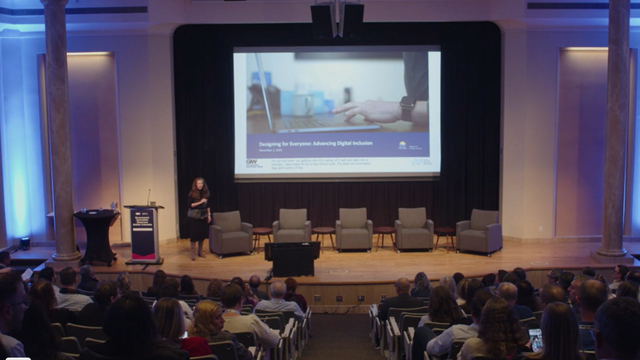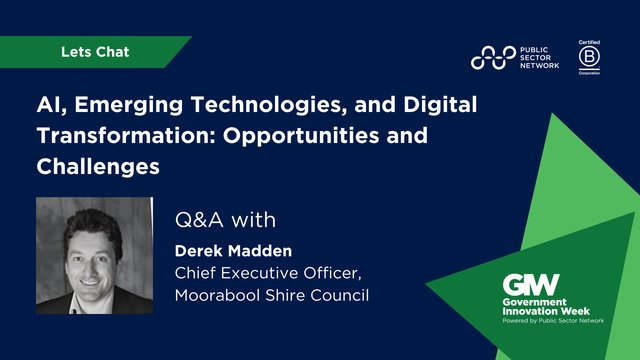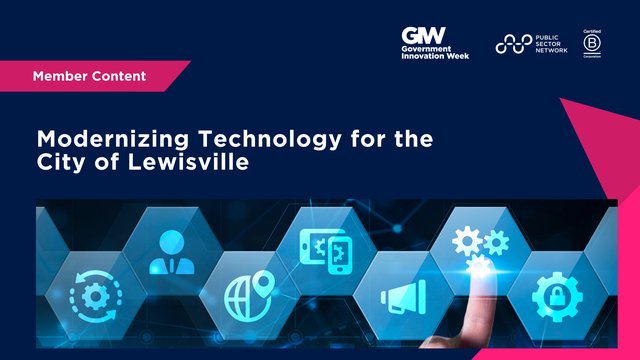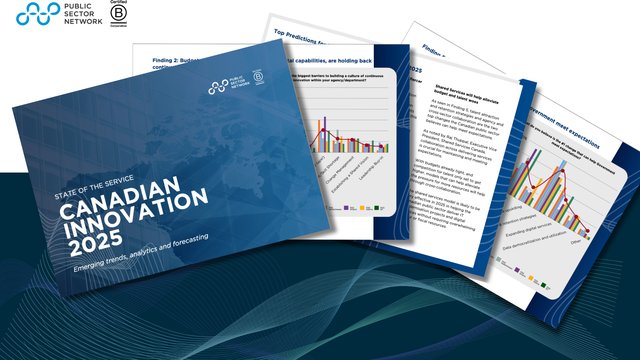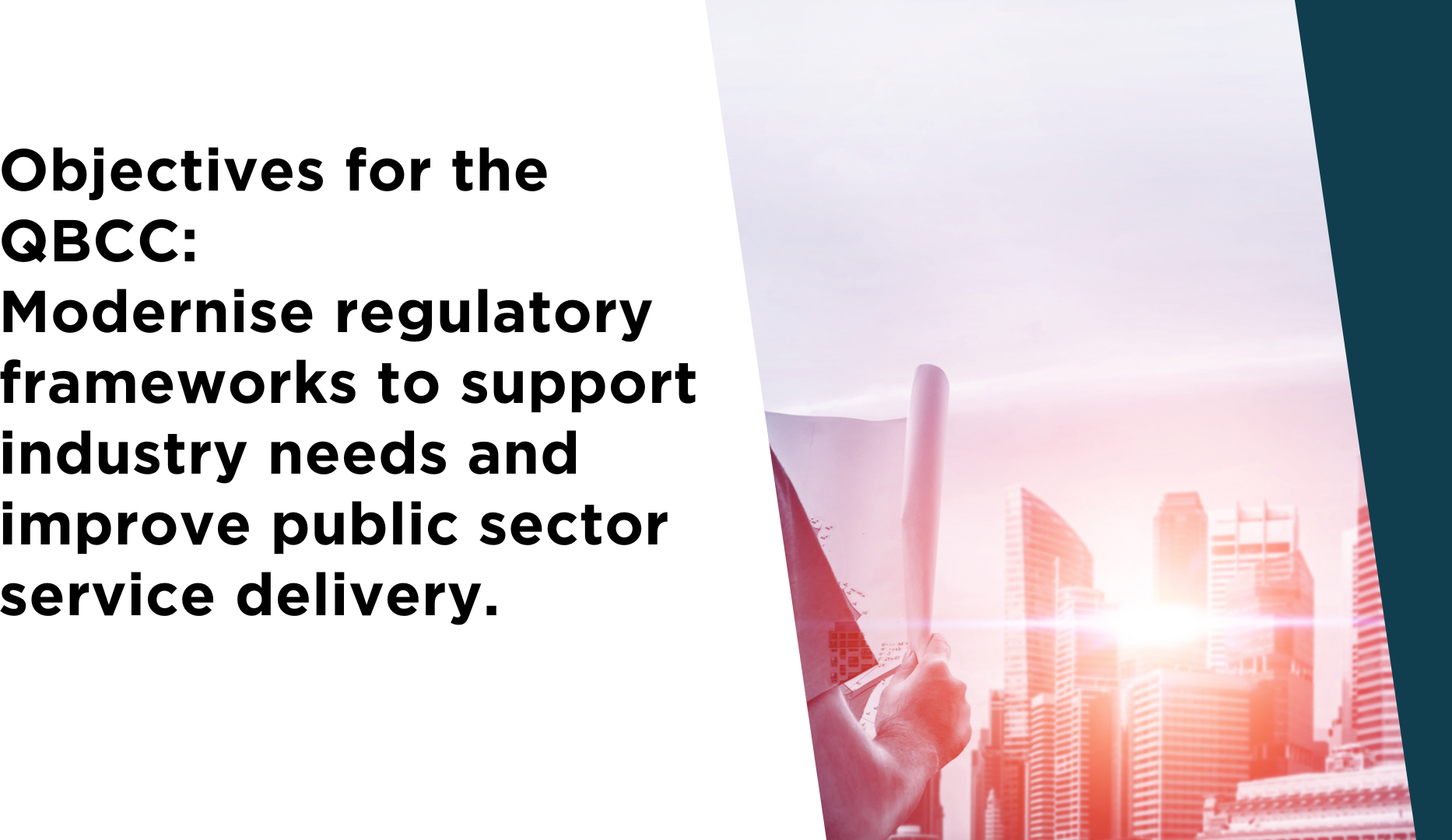
Jeremy Janes, Chief Digital and Information Officer, Queensland Building Construction Commission
Introducing the QBCC
The Queensland Building Construction Commission (QBCC) plays a vital regulatory role in Queensland's construction industry, aiming to enforce building standards and foster a safer and more efficient industry. With a rapidly evolving digital landscape, QBCC has prioritised establishing digital initiatives that align with its mission to enhance customer service and regulatory functions through accessible, streamlined digital services. Queensland itself is a geographically large state in Australia, marked by significant construction growth and urbanisation. The state government’s emphasis on innovative digital transformation aligns with QBCC’s objectives, aiming to modernise regulatory frameworks to support industry needs and improve public sector service delivery.
Establishing the Vision for Delivering Digital Services
QBCC's vision for digital transformation is anchored in providing seamless and customer-centric services. Recognising a gap in digital capabilities and a need for enhanced enterprise coherence, QBCC embarked on a journey to revamp its approach to digital service delivery. In October 2022, the organisation approved a new digital strategy, a roadmap, and an enterprise architecture plan. This strategy aimed to bridge internal capability divides, focusing on digital inclusivity across all organisational levels. By doing so, QBCC envisioned a more unified approach where each division could equally benefit from digital advancements.
Central to this vision was the principle of interconnectedness, inspired by holistic problem-solving approaches. The organisation sought to understand and address digital transformation as a multi-dimensional change encompassing people, processes, information, and technology. This comprehensive approach was key in aligning the digital transformation journey with QBCC's broader mission, ensuring that the newly established digital initiatives would serve as foundational pillars for long-term organisational development.
Achievements as of 2024
Since the adoption of its digital strategy, QBCC has seen several significant accomplishments that reflect its commitment to capability building and innovation:
- Establishment of a Digital Portfolio Office: To facilitate cohesive digital transformation, QBCC created a digital portfolio office. This office introduced a new digital portfolio methodology that emphasises iterative delivery and governance. It tracks progress across key projects, manages risk, and ensures budget alignment.
- Improved Financial Accountability: Under the new digital portfolio management approach, QBCC achieved a budget accuracy rate within 1.4% of projected spending for its digital transformation initiatives. This accomplishment underscores the efficacy of its financial management and highlights a disciplined approach to resource allocation.
- Revamped Information Management Systems: Recognising the need for robust data governance, QBCC developed an “Information as an Asset” program, incorporating data governance frameworks, a data warehouse, and improved data management models. These tools enable standardized, quality-assured data usage across the organisation, which is crucial for a regulatory agency that relies heavily on accurate information.
- Enhanced Customer Interaction through Digital Platforms: QBCC’s digital licensing and case management improvements demonstrate tangible advancements in customer engagement. By leveraging cloud-based solutions, including Salesforce and ServiceNow, QBCC has streamlined its customer service operations, reducing manual workflows and enhancing system reliability.
- Field Services Automation: QBCC implemented a field services improvement project, enabling mobile integration for on-the-go inspections and assessments. This project enhanced operational efficiency and data accuracy by digitising field activities, which is particularly valuable given QBCC's extensive fieldwork requirements across Queensland.
- Stakeholder and Cross-Government Collaboration: QBCC engaged with the Queensland Government’s enterprise architecture team, the Cyber Security Unit, and other agencies to foster a collaborative approach. These partnerships have bolstered QBCC’s cyber security posture and allowed it to explore integrated solutions like the Queensland Digital Wallet for licensing, which is set to launch in 2025.
How? Selecting the Right Capability Model
To achieve its digital transformation vision, QBCC explored various capability models, ultimately selecting one that balanced innovation with risk management and adaptability. The chosen model focused on four essential pillars: people, processes, information, and technology. By keeping these elements in sync, QBCC could create a robust framework capable of evolving in step with both technological advances and industry needs.
An initial self-assessment of digital maturity revealed areas where QBCC’s capabilities lagged, including legacy systems and decentralised information management practices. Recognising the limitations of its existing digital systems, the organisation set a realistic timeline for transformation, targeting an 18-24 month roadmap for incremental progress. This phased, multi-horizon model provided QBCC the flexibility to address pressing needs first while laying the groundwork for future advancements. QBCC aligned this approach with Gartner’s value-focused model, which emphasises operational efficiency and customer-centric service delivery.
The enterprise architecture, for instance, was pivotal in guiding QBCC’s transition away from outdated systems like its Access Database-based case management system, which had cyber security and operational limitations. To mitigate risks while still modernising, QBCC maintained elements of the legacy system temporarily, integrating them with a new platform-based approach. This dual-layered strategy allowed for a gradual, managed transition without disrupting service delivery, a critical requirement for a regulatory agency.
Looking Forward: Future Projects
QBCC’s digital transformation journey is far from over. As the organisation progresses along its multi-horizon roadmap, it remains focused on several strategic priorities that will continue to shape its digital landscape:
Digital Wallet Integration: QBCC is partnering with Queensland’s Department of Transport and Main Roads to incorporate digital building licenses into the Queensland Digital Wallet. This initiative will streamline licensing processes and improve accessibility for license holders. QBCC plans to begin piloting the system in early 2025.
Customer Portal Redesign: QBCC aims to enhance its MyQBCC portal with a focus on improving customer experience and reducing the volume of customer service calls. This redesign will prioritise user-friendly interfaces and expand the portal’s functionality, ensuring customers can efficiently complete necessary transactions online.
Continuous Improvement through Data-Driven Insights: With the data warehouse and data governance frameworks now in place, QBCC will leverage data analytics to support informed decision-making, monitor industry trends, and predict potential regulatory challenges. Enhanced data insights will enable QBCC to be more proactive in addressing industry developments.
Cybersecurity and System Resilience: As digitalisation continues, cyber security remains a paramount concern. QBCC will continue to work closely with Queensland’s Cyber Security Unit to strengthen its security measures, ensuring its systems are resilient against evolving cyber threats.
Expanding Partnerships: QBCC’s collaboration model has proven successful, and it plans to expand partnerships with other government departments and industry stakeholders. By fostering a digital ecosystem that benefits from diverse expertise, QBCC aims to bolster its service offerings and maintain alignment with state-wide digital transformation initiatives.



